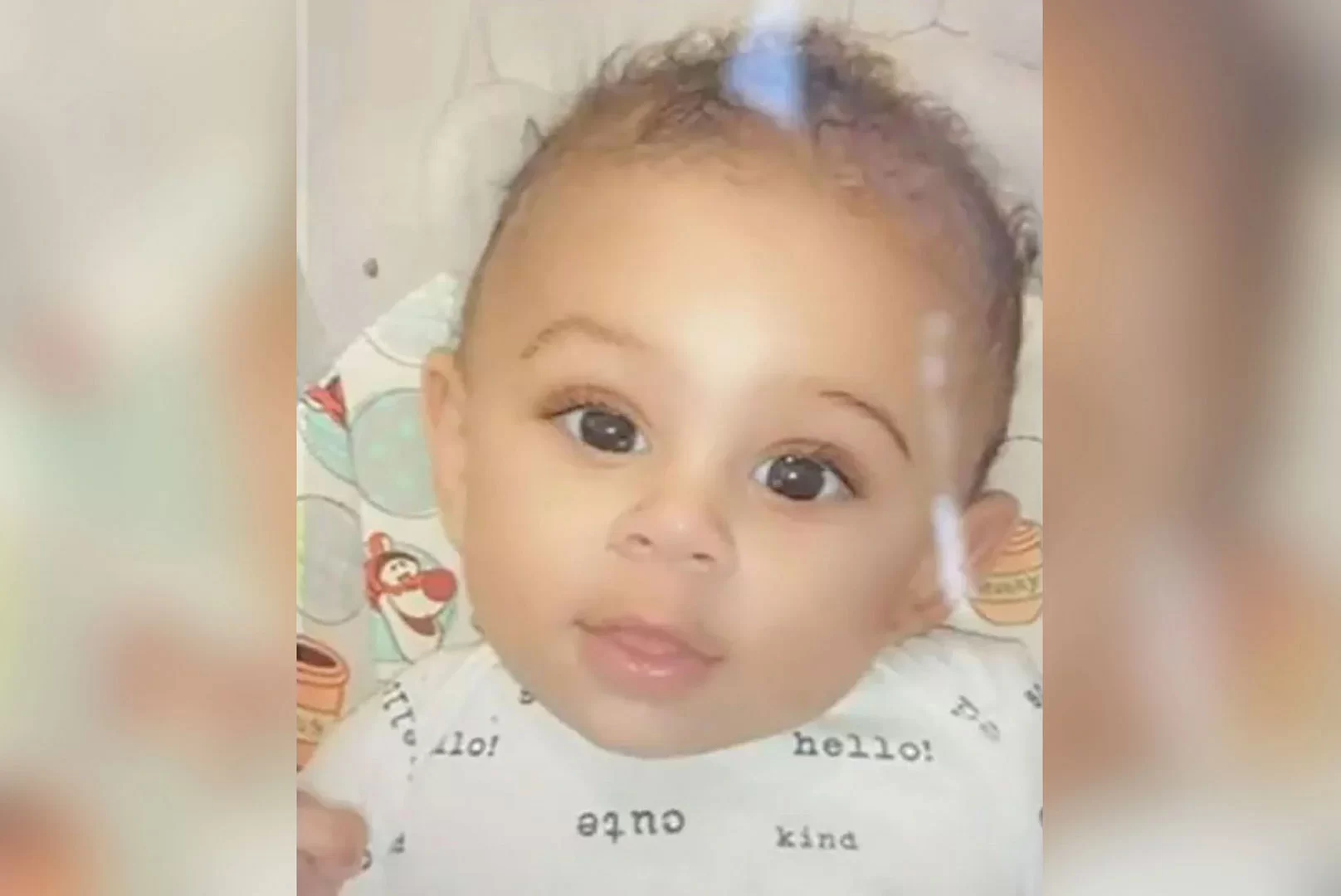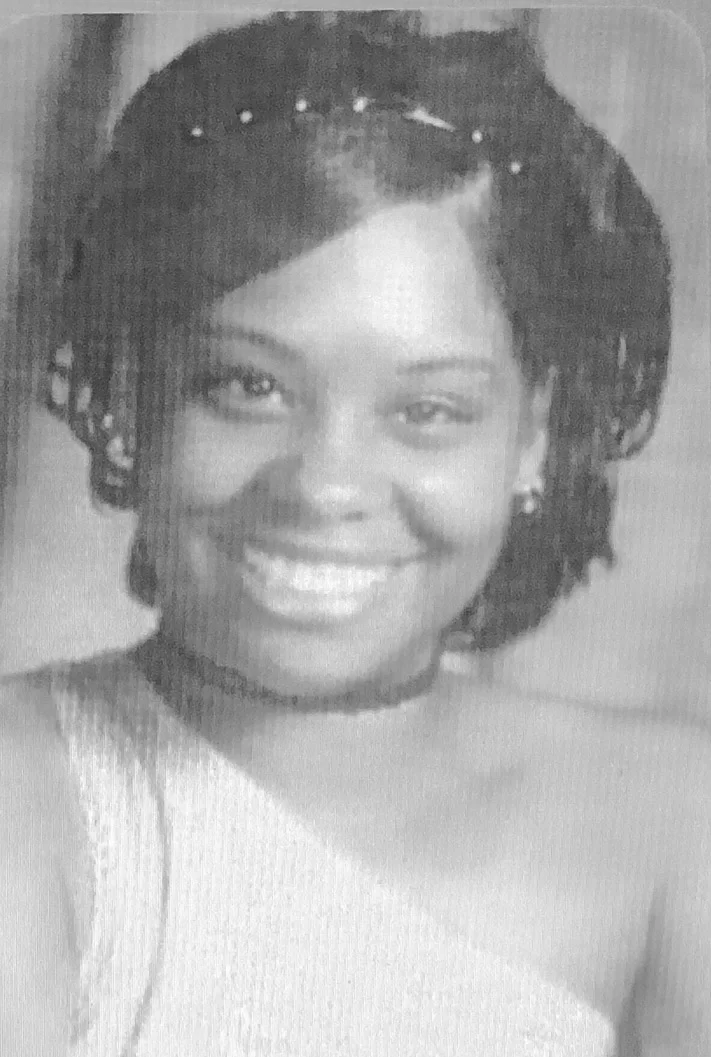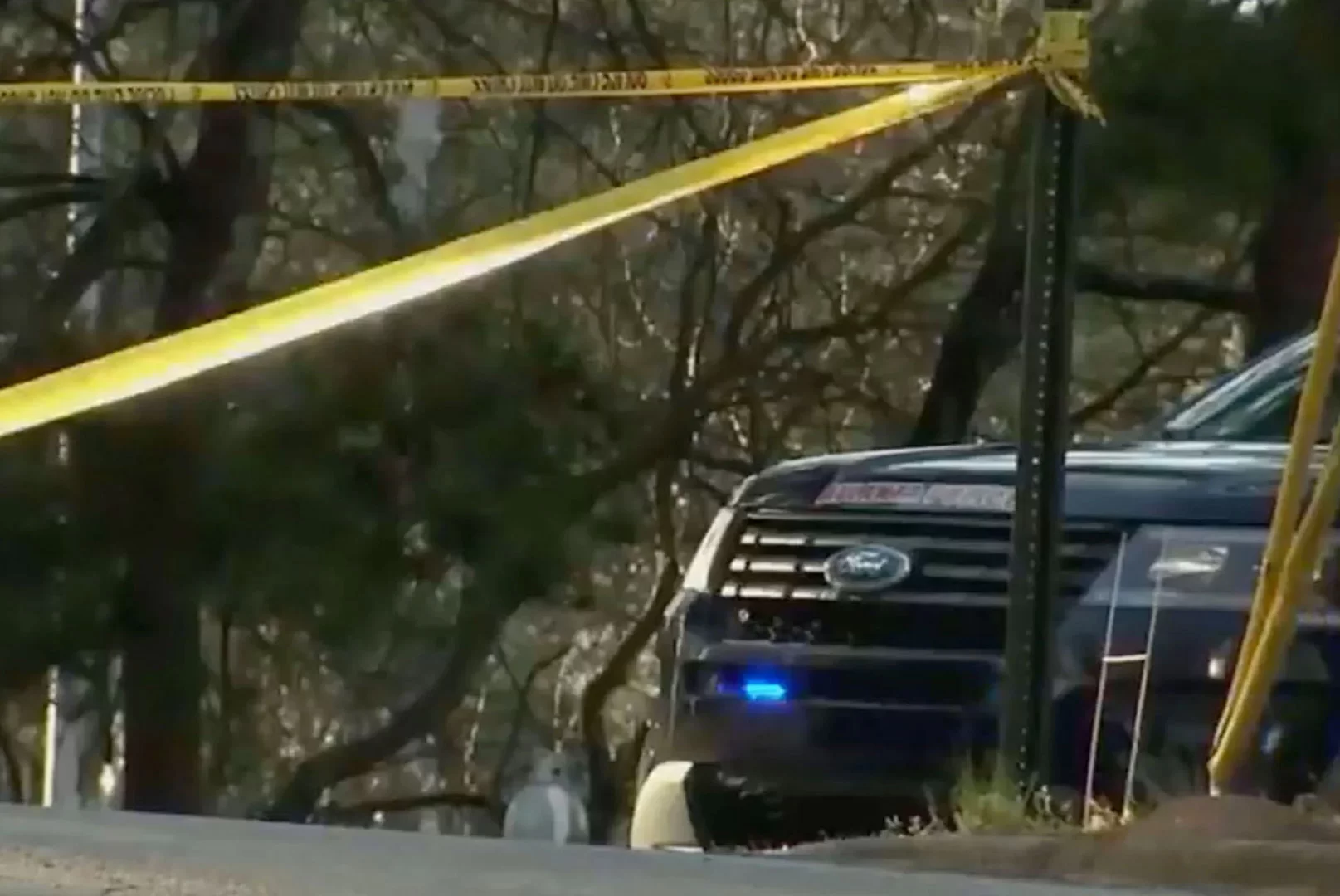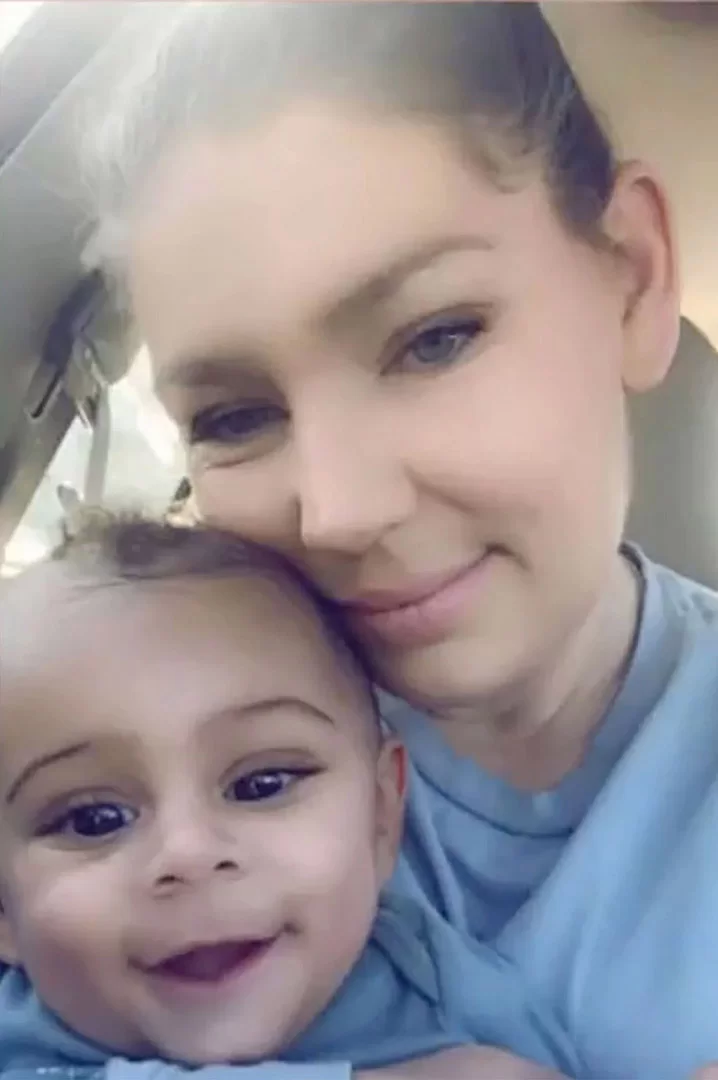
Grayson Matthew Fleming-Gray, was fatally shot last week in Atlanta at just 6-months-old.
When you’ve lost a child, especially to violence, it’s easy for something to transport you suddenly back to the moment you found out your baby was gone. When I learned that a 6-month-old Grayson Matthew Fleming Gray was shot and killed in Atlanta last week as he rode in his car seat with his mom, my chest clenched so tightly that I had to gasp for air. My precious 19-year-old Krystal also was killed in crossfire in 2004, after she made the fatal decision to stop for gas. In those terrible moments when I’m taken back to that night, I can’t breathe.
In 2021, 311 American children under 12 were shot and killed. But I haven’t seen anyone marching in the streets demanding justice or declaring that their innocent lives mattered. On New Year’s Day, the 4-year-old niece of George Floyd was shot and wounded as she slept in her bed. Will anyone remember baby Grayson’s name besides his family, who must now find a way to live with their emptiness and grief? How can we tolerate these kinds of deaths in our communities? Why is there no outrage?
The country seems too busy arguing about ideology that doesn’t mean anything to a grieving mother and pouring millions of dollars into the race grievance industry. Some people even make reckless demands to defund the police, which will only endanger more children. If young black lives lost to crossfire don’t matter to us now, when will they? It shouldn’t take the bloodshed of even more innocent children before we become “woke” to this issue.

Krystal Joy was only 19 when she was killed in crossfire while stopping for gas.
War zones
Some, like me, have personally experienced the loss of a child to street violence and are working to end it. Too many communities throughout our nation have become like war zones. The way to fix this is through grassroots organizations with a track record of stopping violence. Among other things, my initiative, Voices of Black Mothers United, runs grief support groups in 22 states, advocates for the rights of victims of violence, and works with neighborhood violence-prevention projects.
My grandma raised nine children as a single parent and, despite a lack of economic and educational opportunities, five of those nine were college graduates. Many other black parents of my grandma’s generation did the same, bringing up big families and reaching success against the odds. Their struggle with poverty and disadvantage never meant they turned to lawlessness or rampant violence. They found a way forward regardless, often relying on one another when times were difficult.
What has changed? I believe it’s the weakening of moral standards and a devastating combination of hopelessness and anger.
My grandparents’ generation had unconditional love for one another. Although not all related by blood, they considered the people around them family. They would share what they had to feed and clothe one another. Neighbors would discipline each other’s children without retaliation. People held themselves and others to a high moral standard.

Grayson Matthew Fleming-Gray was fatally shot by a 22-year-old suspect during a drive-by in Atlanta.
I hear too many people in our communities say “it’s not my business” and turn away. Well, it is your business because, the truth is, if your family is not safe, then my family is not safe. Crossfire deaths make that clear.
Too many self-proclaimed spokespersons for the communities struggling with violent crime insist we have no responsibility or control over our circumstances. They intone a mantra of victimhood rather than instilling positive, empowering messages in our children of what they can be. I remind my son and grandchildren that they can do anything they want in life as long as they keep the Ten Commandments as their guide. I address them as kings and queens so they don’t forget who they are.
Something’s different
Don’t get me wrong, the activists who complain about “the man” keeping us down aren’t the only ones to blame. We’ve heard that message for years, yet black people still rose above it. What is different now? As I see it, the difference is us. We are allowing external obstacles to become an excuse for our failure to be there for our children, for taking the easy route of giving them things instead of discipline and love. Change can begin when we instill hope instead of hopelessness in their minds and hearts—and among as many children in our neighborhoods as we can.

Mother Kerri Gray doesn’t deserve to lose her beloved son Grayson over preventable violence.
To the mother and family of 6-month-old Grayson Matthew, I send my condolences and prayers. Together, we can all learn to breathe again.
Sylvia Bennett-Stone is the national director of Voices of Black Mothers United, a project of the Woodson Center. From The Wall Street Journal.